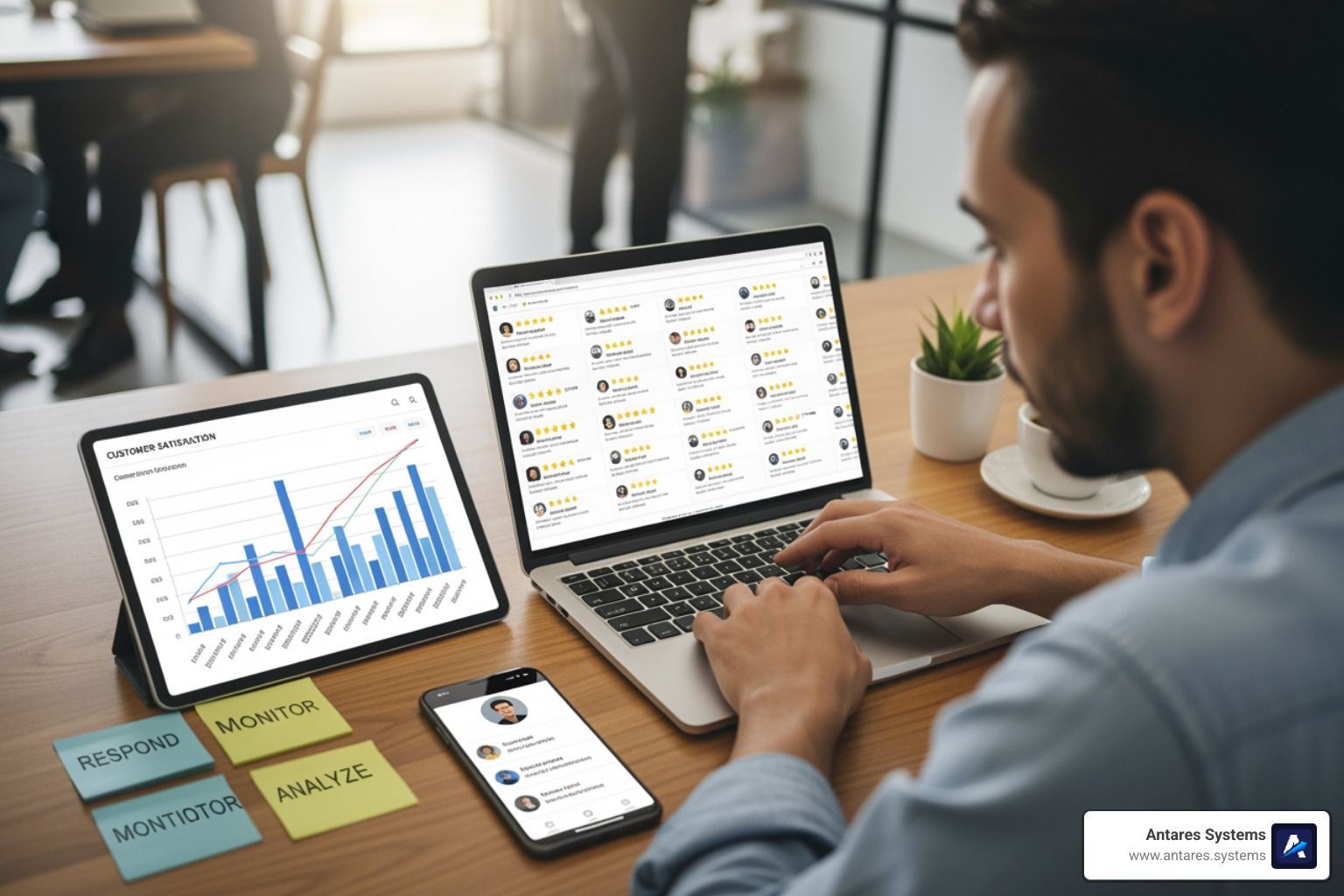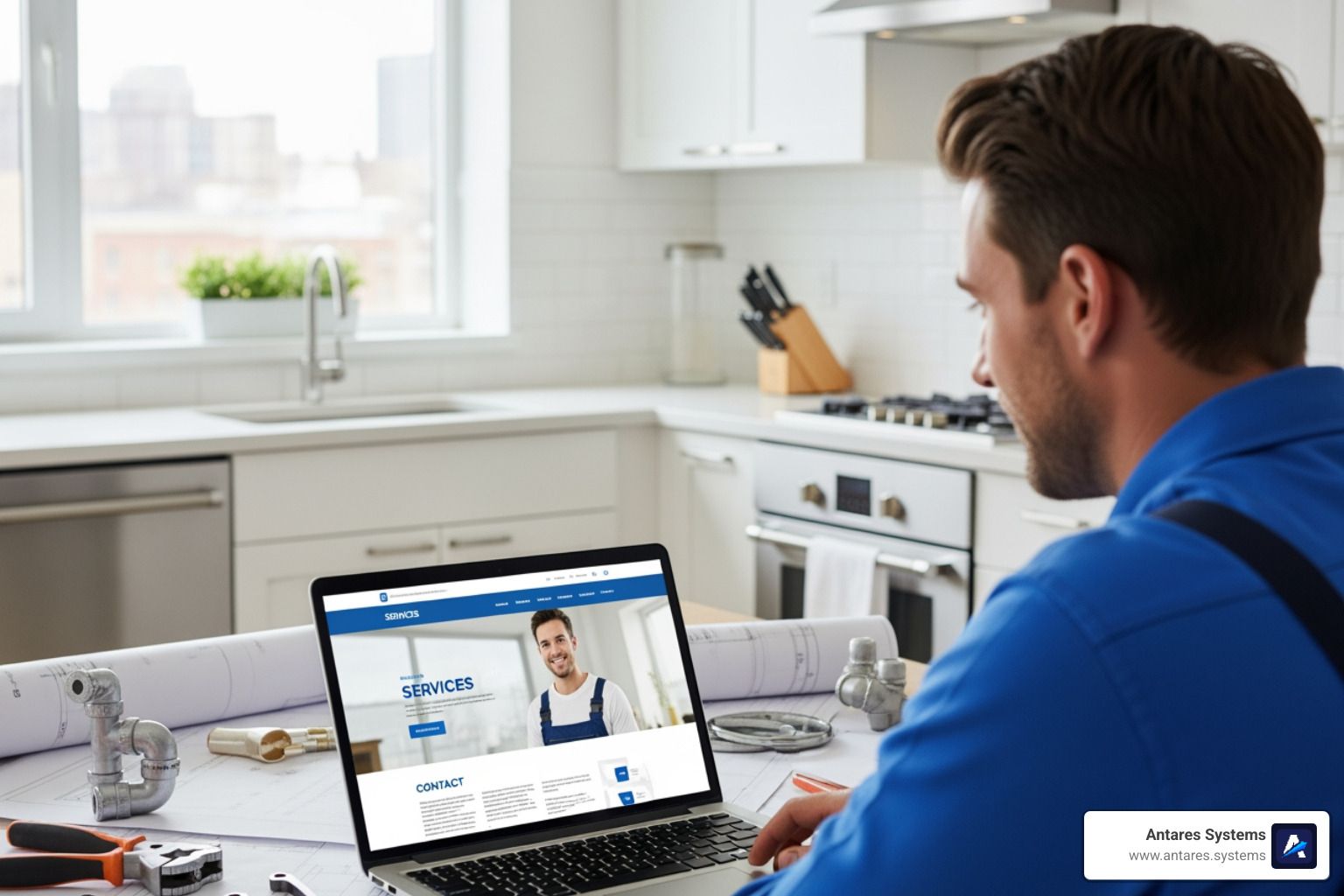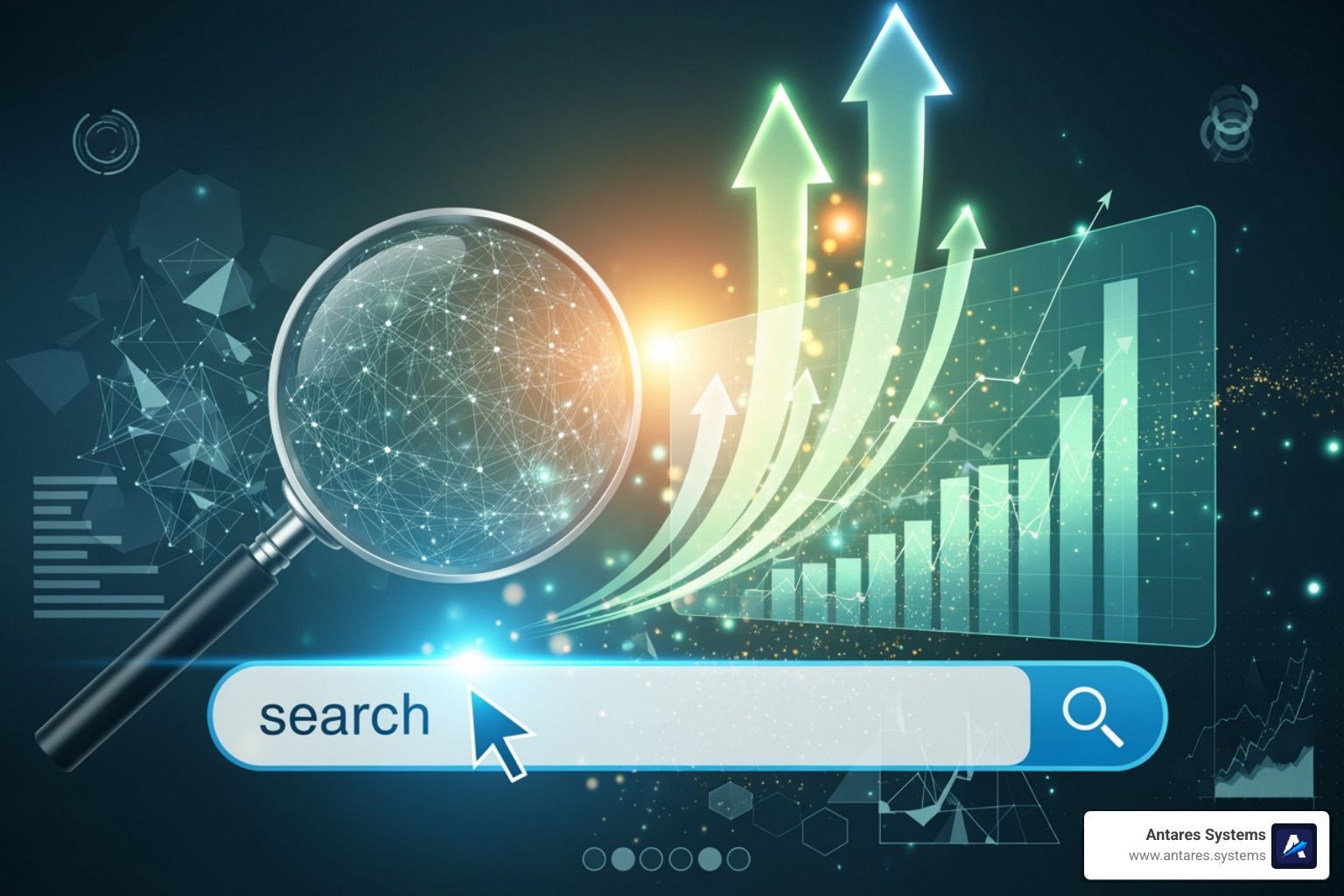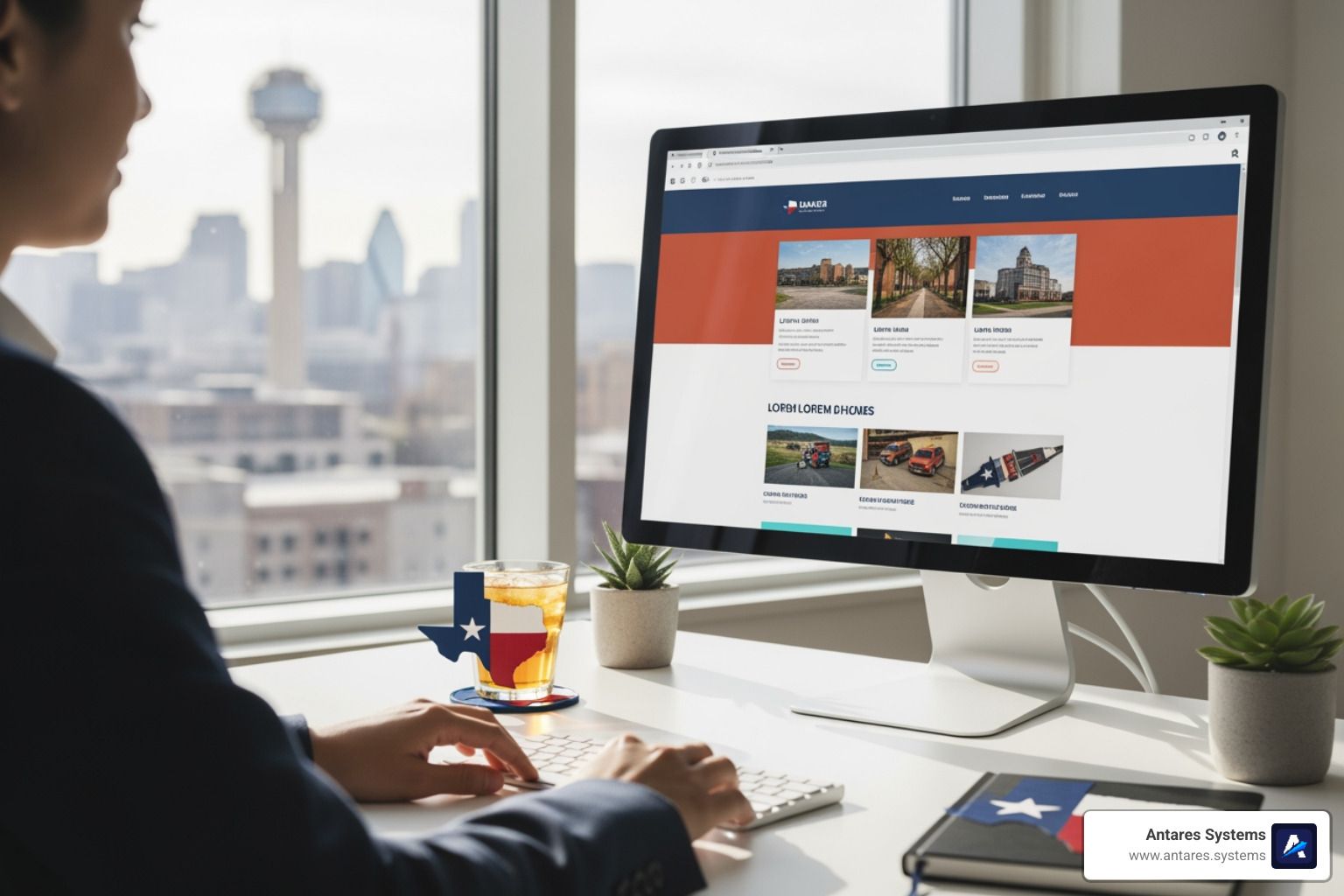Copyright and Fair Use of Content on Your Website: A Guide
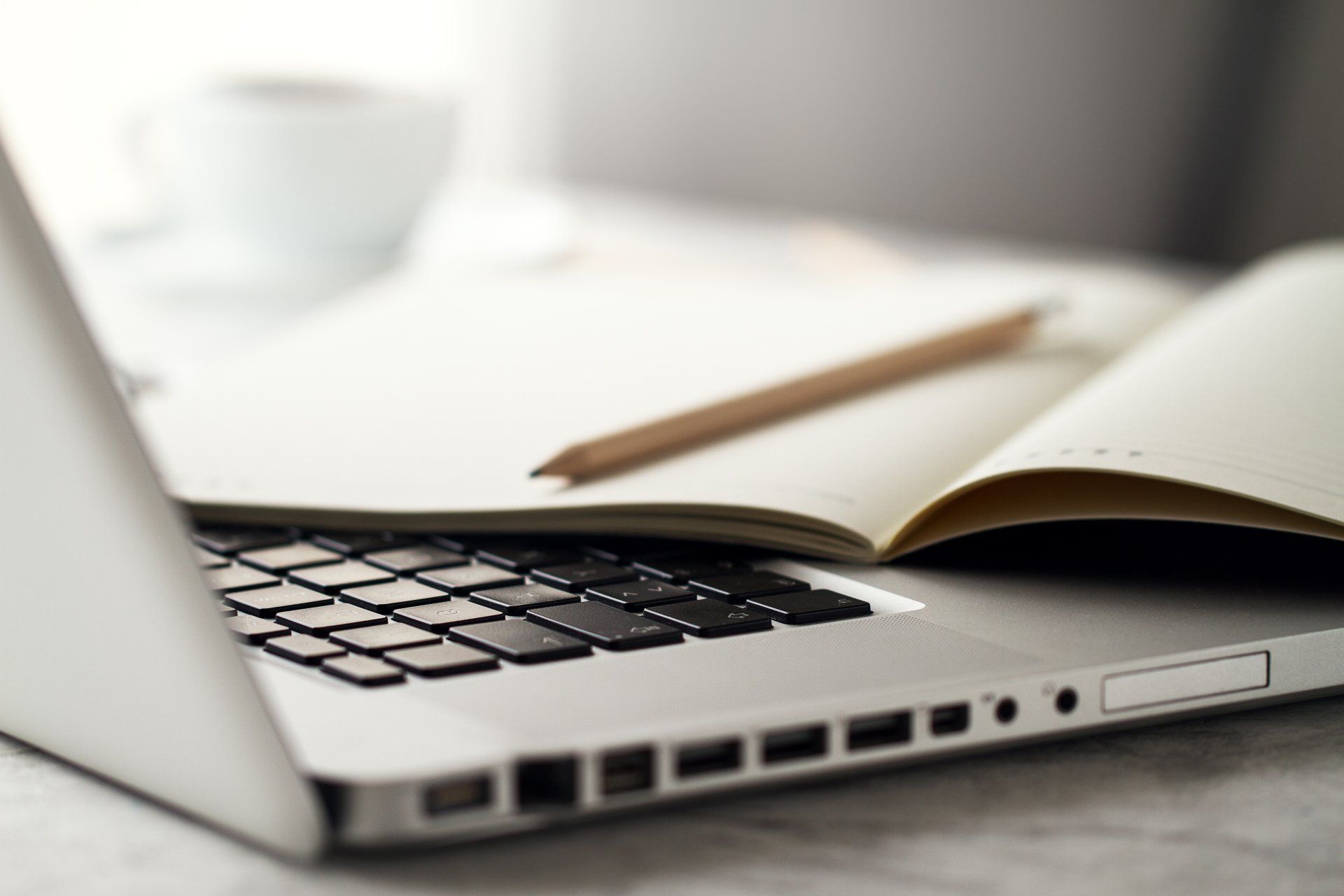
Copyright and Fair Use of Content on Your Website: A Guide
As a business owner, you want to share content with your customers and followers, but you also need to be aware of copyright laws. It's important to know fair use and public domain when it comes to using content on your website. These are two different things, but both allow you to use copyrighted material without having to worry about legal ramifications. What can you use without infringing on someone else's copyright? And how do fair use laws apply to you?
The short answer is that copyright law is complicated, and there are no definitive answers.It can be difficult to know what fair use or fair dealing is and how you can legally use copyrighted material.
However, here are some ways to share and use content without infringing on others' copyrights. This blog post will help clear up the confusion so that you don't accidentally get sued for copyright infringement!
- Understanding copyright and fair use
- What does copyright mean?
- What does fair use mean?
- What does public domain mean?
- What are creative commons?
- How does copyright law affect small businesses?
- When can I copy someone else's content on my website?
- How do I know if it is considered fair use?
- The four fair use factors
- Who has the right to decide whether something is fair use?
- What are the risks of getting it wrong?
- What are the guidelines for applying copyright and fair use?
- Take action and protect your copyrighted materials
Understanding copyright and fair use
Before we jump into what is and isn't fair use, we must discuss some terms you'll need to be familiar with, such as copyright, fair use, public domain, and creative commons.
What does copyright mean?
Copyright is a form of intellectual property protection that gives the creator of an original work exclusive rights to reproduce, distribute, perform, and display the work. Copyright law is designed to protect the rights of content creators, so they can make a living from their work. This means that you can't just take someone else's copyrighted work and use it without their permission, including your own content.
In order to use copyrighted material on your website, you need to get permission from the copyright holder or use content that is in the public domain. You can also use content that is licensed under a Creative Commons license, but we will get to that later.
What does fair use mean?
Fair use is a provision in copyright law that allows people to use copyrighted material without infringing on the creator's rights. Fair use is determined by a number of factors, including how much of the original work is used and whether it's for commercial or non-commercial purposes. Fair use is a legal defense against copyright infringement. If you are accused of infringing on someone's copyright, you can argue that your use of the copyrighted material is fair use.
This is a complicated area of copyright law, and there are no definitive answers. However, fair use is typically considered to be using a limited amount of copyrighted material for the purpose of commentary, criticism, news reporting, teaching, scholarship, or research. It's also important to note that fair use is not a right, but rather an exception to copyright law.
What does public domain mean?
Public domain is a term used to describe works that are not protected by copyright law. This means that anyone can use public domain material without getting permission from the copyright holder. The work is in the public domain because the copyright has expired, the work was never copyrighted, or the copyright holder has released the work into the public domain.
There are a number of works that are in the public domain, including older movies, books, and music. You can find a list of public domain works on the US Copyright Office website.
What are creative commons?
Creative Commons is a type of license that allows content creators to share their work under certain conditions. A creative commons license gives the creator the ability to retain the copyright of their work but allows others to use the material under certain conditions. There are a number of creative commons licenses, which vary in terms of the restrictions they impose.
Creative Commons licenses are not as restrictive as copyright law, but they still offer some protection to the creator. For example, a Creative Commons license may require that the material be attributed to the creator and not used for commercial purposes.
How does copyright law affect small businesses?
Copyright law can be a bit confusing, especially for small businesses that are not familiar with the nuances of copyright law. However, it's important to understand how copyright law can affect your business.
If you are using copyrighted material on your website without permission, you could be infringing on the copyright holder's rights. This could lead to a lawsuit from the copyright owner and potential damages. In some cases, you could also be liable for criminal penalties.
It's also important to note that using copyrighted material without permission can be a violation of the law even if you are not making any money from it. This means that you could be liable for damages even if you are not selling anything. This is because the law considers using copyrighted material without permission to be a form of theft.
Copyright law is intended to protect artists and creative professionals. It allows them to earn a living by selling copies of their work. But copyright law also places limits on the use of copyrighted material -- both for the protection of the original artist and to encourage new creative works.
As a business owner, you need to be aware of copyright law and fair use. You can't just take any copyrighted material and use it on your website without permission from the copyright holder. However, you can use limited amounts of copyrighted material for the purpose of commentary, criticism, news reporting, teaching, scholarship, or research. This is known as fair use.
Trying to understand the fine points of copyright law can be daunting, particularly for small business owners who are trying to make their mark on the web. If you've ever tried to use a picture or other content from the Web on your website, only to be told that you need permission, you've experienced the frustrating inconsistencies of copyright law.
So, what can you do?
If you want to use copyrighted material on your website, the best thing to do is to get permission from the copyright holder. This can be as simple as contacting the owner and asking for permission. You can also use a Creative Commons license to get permission to use copyrighted material.
Also, you might want to use public domain content, such as public domain images, books, or music. You can find public domain content on a variety of websites, including the US Copyright Office website and the Creative Commons website.
You might also want to create and post your own material, which will be protected by copyright law. When you make your entire work by yourself, like your own images, copywriting or videos, you hold all the copyrights. This can be done by yourself or by hiring content writers in order to help you create your website texts and blogs, or a digital marketing agency to help you create your visual content.
As the website owner, you may want to consider using a Creative Commons license for your original work, since this will allow others to use the material under certain conditions. There are a number of creative commons licenses, which vary in terms of the restrictions they impose.
When can I copy someone else's content on my website?
Generally, you can't copy someone else's copyrighted material without permission. However, there are some exceptions to this rule. One exception is known as fair use.
Fair use allows you to use limited amounts of copyrighted material for the purpose of criticism, comment, news reporting, teaching, and other nonprofit educational purposes, scholarship or a nonprofit educational institution, and research. This is a complex legal doctrine that has been developed by courts over the years. There are no one-size-fits-all rules for fair use, and each case is decided on its own merits.
How do I know if it is considered fair use?
So, how do you know if your use of copyrighted material is fair use? There is no easy answer, but there are a few factors that courts usually consider. These include the purpose and character of the use, the nature of the copyrighted work, the amount and substantiality of the portion used, and the effect of the use on the potential market for or value of the copyrighted work.
There are a number of factors that are considered when determining whether or not using copyrighted material for your own site is fair use. These include the purpose of the use, the nature of the copyrighted work, the amount and type of material used, and the effect of the use on the market for the copyrighted work.
The four fair use factors
In order to determine whether a particular use of copyrighted material is fair, the courts consider four factors:
- The purpose and character of the use, including whether the use is commercial or nonprofit
- The nature of the copyrighted work
- The amount and substantiality of the portion used in relation to the copyrighted work as a whole
- The effect of the use on the potential market for or value of the copyrighted work
When you are using copyrighted material for the purpose of commentary, criticism, news reporting, teaching, scholarship, or research (known as a fair use), you should be able to argue that your use meets at least one of these four factors.
If you are unsure whether or not your use of copyrighted material is fair use, it's best to obtain permission from the copyright holder. Obtaining permission is the best way to avoid any potential legal issues.
Who has the right to decide whether something is fair use?
The decision of whether something is fair use or not lies with the courts. This means that it is up to a judge, not the copyright owner, to decide whether or not a use is fair. This can be frustrating for copyright holders, who may feel that their work is being used without permission. However, the law is designed to protect fair use, and judges are more likely to find a use fair if it meets the criteria listed above.
There are a number of factors that are considered when determining fair use, including the purpose of the use, the nature of the copyrighted work, the amount and type of material used, and the effect of the use on the market for the copyrighted work. It is up to a judge, not the copyright owner, to decide whether a use is fair. This can be frustrating for copyright holders, who may feel that their work is being used without permission. However, the law is designed to protect fair use, and judges are more likely to find a use fair if it meets all the factors already mentioned.
What are the risks of getting it wrong?
So, what are the risks of getting fair use wrong? Well, copyright infringement is a serious offense, however, it might just be a case of getting asked to stop using the content. In some cases, the copyright holder may be able to get a sue or injunction against you, which would stop you from using the material. You could also be ordered to pay economic harm or a commission to the copyright holder if you are found to be getting money from using the copyrighted material without permission.
The risks of getting fair use wrong include copyright infringement, being asked to stop using the content, a lawsuit or injunction from the copyright holder, damages, and a commission to the copyright holder. It is important to remember that fair use is not easy to define, so it is best to err on the side of caution and obtain permission from the copyright holder before using their material.
In order to confirm that you weren't violating copyright, is a judge who makes fair-use analysis on a case-by-case basis in order to demonstrate whether there was commercial nature or not, the copyright status of the alleged infringed material, and if it actually has copyright protection and what are your options. So, fair use is a defense that you might be able to raise if accused of copyright infringement and there is a fair amount of case law that helps judges determine whether or not the particular use at hand is infringing.
As we have mentioned in this blog, fair use defense to copyright infringement is something important and, as such, is determined on a case-by-case basis. However, there are some general guidelines that you can follow to help make sure your use of copyrighted material is following the fair use doctrine. These guidelines are:
- Don't use more than necessary
- Don't use the material for commercial purposes
- Give credit to the copyright holder
- Always obtain permission from the copyright holder before using their material.
- If you are using the material for the purpose of criticism, commentary, news reporting, teaching, scholarship, or research, fair use is more likely to be found.
- If you are using the material in a way that does not compete with the copyright holder's market for the material, fair use is more likely to be found.
- If you are using the material in a way that does not have a negative impact on the copyright holder's ability to make money from their material, fair use is more likely to be found.
Take action and protect your copyrighted materials
As you have seen in this blog, infringing copyright is a serious offense and can carry some hefty penalties. However, fair use is a defense that you might be able to raise if accused of copyright infringement, and under this, you can keep sharing your content as long as you follow the general guidelines we have outlined.
Remember, if in doubt, always obtain permission from the copyright holder before using their material. In order to achieve your website goals, you'll need to follow some best practices. If you're not sure about how to request permission, how to start or you want to protect your ideas, our team is here to help.
Antares Systems is a
Digital Marketing Agency with years of experience in the field. We can help you protect your website content and ideas, as well as create a strategy for your website, help you create your own content, or help you get the most out of your current website content without infringing copyright laws.
Contact us today for a free consultation! Visit our website or contact us to get
copywriting assistance. We would be happy to help!




